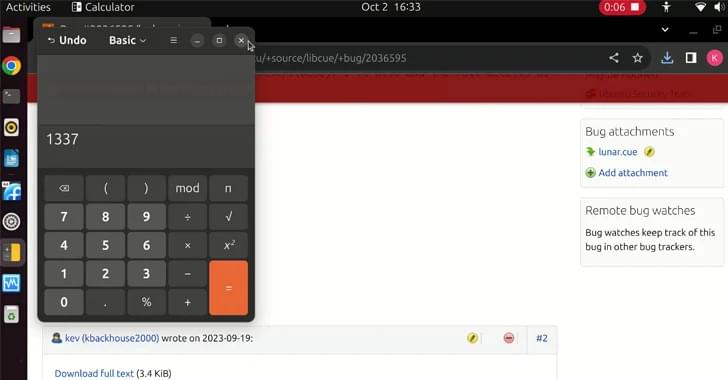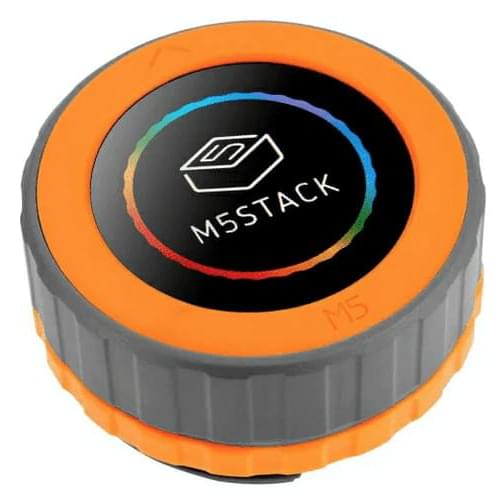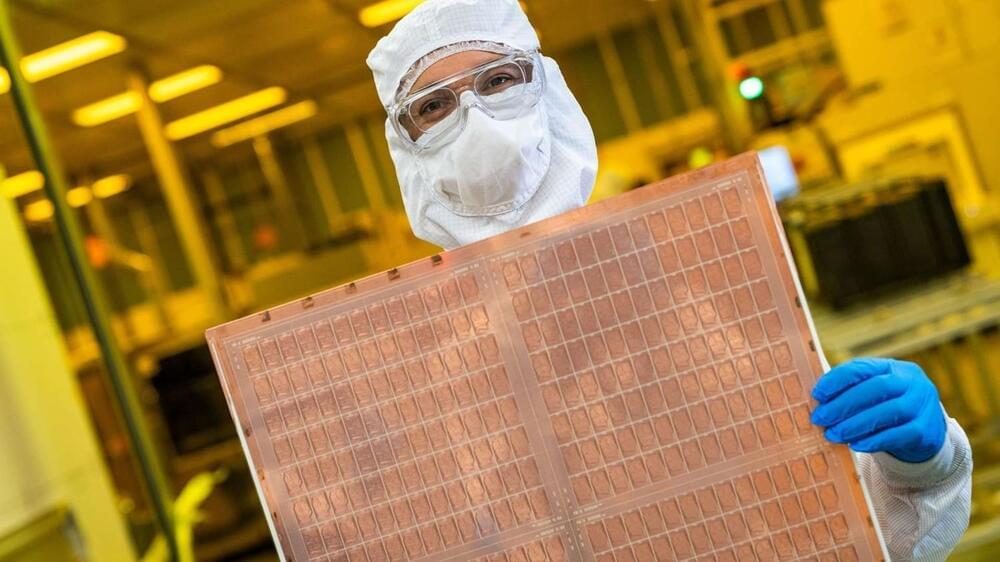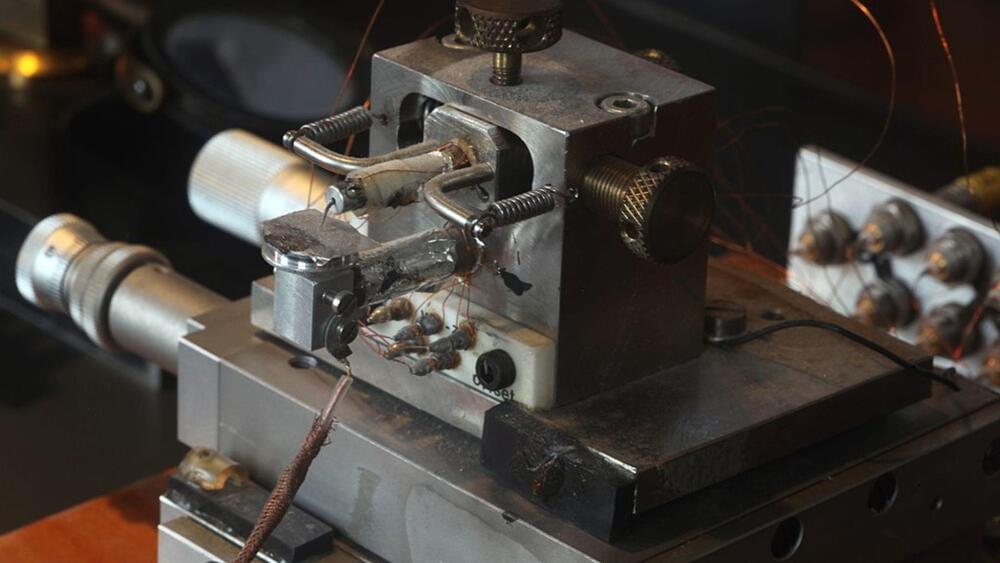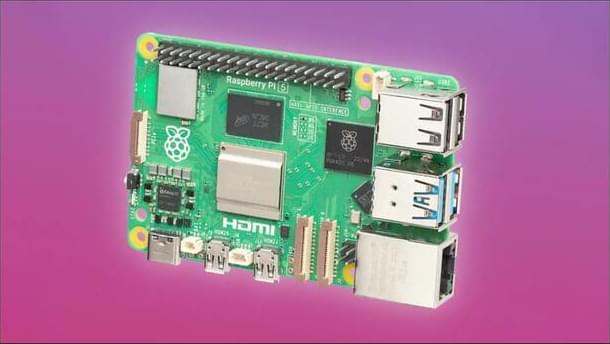The scent of coffee. The clarity of sunlight dappling through the trees. The howl of the wind in the dark of night.
All this, according to a philosophical argument published in 2003, could be no more real than pixels on a screen. It’s called the simulation hypothesis, and it proposes that if humanity lives to see a day it can repeatedly simulate the Universe using come kind of computer, chances are we are living in one of those many simulations.
If so, everything we experience is a model of something else, removed from some kind of reality.


